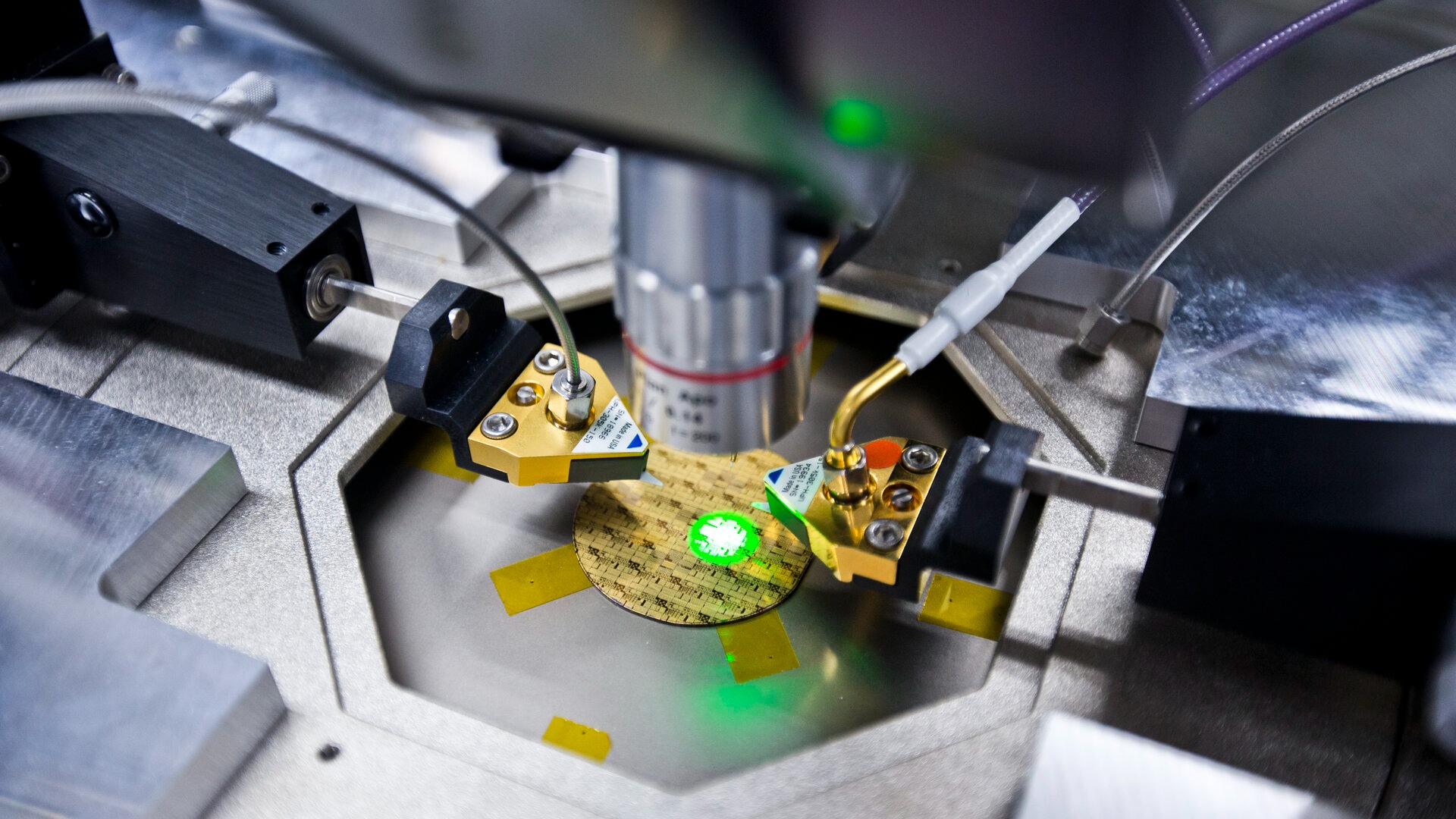Duration: 9 months
Lunar exploration is clearly becoming a priority in the space sector. With the increasing frequency of lunar space missions and the anticipated expansion of cislunar operations, optimising spaceflight trajectories in this domain has become a critical challenge. The cislunar environment is characterised by highly nonlinear dynamics, where every small uncertainty in the design models can lead to significant deviations from the planned trajectory.
Traditionally, trajectories are optimised from a deterministic perspective, typically minimising fuel consumption, while uncertainties and stochastic components are added at a later stage. This sequential approach can often lead to sub-optimal solutions, where the added stochastic component significantly hinders the optimality. Additionally, the robustness of deterministic optimisation is difficult to quantify, and if the solution is proven not to be sufficiently robust, the analysts need to re-iterate the design process.
This research aims to develop new methods and techniques that directly embed uncertainty within the trajectory design and optimisation, disrupting the “classical” optimization approach and paving the way for future missions, where robustness and fuel minimization need to be concurrently optimised.
By leveraging robust optimisation and stochastic guidance, this project seeks to develop mission analysis tools for a more efficient and robust framework, with a specific focus on lunar trajectory design. The tools will be based on the main author’s funded research, optimising together deterministic and stochastic manoeuvres and introducing stochastic constraints/cost functions in the optimization process.
The expected outcome of this research is a set of novel optimisation techniques that improve mission robustness and fuel efficiency, while ensuring reliability in uncertain cislunar conditions. These advancements will support future lunar exploration by enabling more efficient and adaptable mission design.

